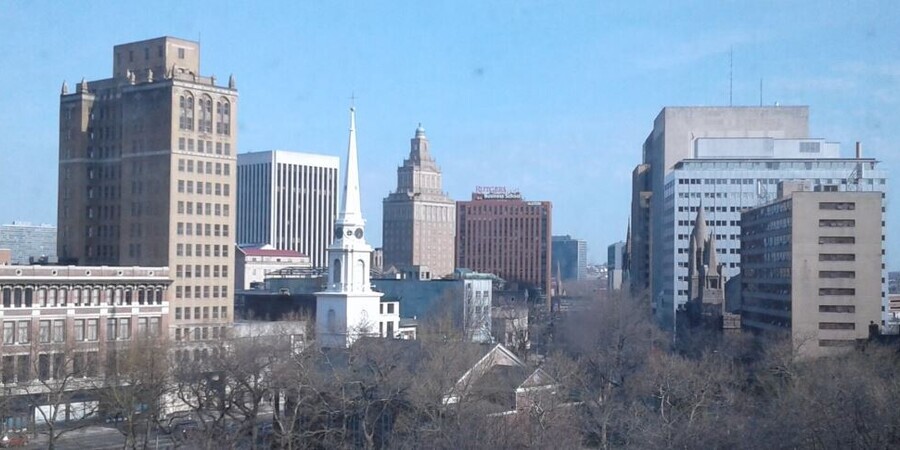NEW JERSEY - The Garden State, is home to a diverse array of cities and towns, each with its own unique character. However, when it comes to sheer population, one city stands above the rest: Newark. As New Jersey's largest city, Newark is a dynamic urban center, a central transportation hub, and a city with a rich history stretching back to the colonial era.
New Jersey's Largest City - A Hub of History, Culture, and Commerce
This article explores the key features that define Newark and contribute to its status as a pivotal city in the Garden State and the broader New York metropolitan area.
A City of Rich History:
Newark's story begins in the 17th century, making it one of the oldest European-founded cities in the United States.
- Founding: Newark was settled in 1666 by Connecticut Puritans led by Robert Treat, who sought a community to maintain their traditional religious and political governance (Source: Newark Historical Society, New Jersey State Archives). The city was named after Newark-on-Trent in England.
- Industrial Growth: Throughout the 19th and early 20th centuries, Newark grew into a major industrial powerhouse, known for its manufacturing of leather goods, beer (once home to several large breweries), and other products. This era saw significant immigration and population growth.
Economic Powerhouse & Transportation Hub:
Newark plays a vital role in the region's economy and transportation network:
- Port Newark: Part of the Port of New York and New Jersey, Port Newark is one of the largest and busiest container ports on the East Coast, handling a massive volume of international cargo.
- Newark Liberty International Airport (EWR): One of the nation's busiest airports, EWR is a primary international gateway and a critical hub for domestic and global travel.
- Corporate Presence: Newark is home to the headquarters of several major corporations, particularly in the insurance and financial services sectors (Prudential Financial is a notable example).
- Connectivity: Its extensive network of highways, NJ Transit rail lines, and PATH train services provides excellent connectivity to New York City and other parts of New Jersey.
Cultural Vibrancy and Institutions:
Newark boasts a diverse and growing cultural scene:
- New Jersey Performing Arts Center (NJPAC): A world-class performing arts venue that hosts many events, including symphony orchestras, dance performances, jazz concerts, and popular entertainers.
- Newark Museum of Art: The state's largest museum features notable collections of American art, decorative arts, and significant holdings of Tibetan art, ancient art from around the world, and natural science exhibits.
- Prudential Center: A central sports and entertainment arena, home to the NHL's New Jersey Devils, hosting concerts and other large-scale events.
- Universities: Newark is home to several institutions of higher learning, including Rutgers University-Newark and the New Jersey Institute of Technology (NJIT).
Modern Newark: Revitalization and Diversity:
Like many older American cities, Newark has faced challenges but has also undergone significant revitalization efforts in recent decades, particularly in its downtown area. The city is known for its rich cultural diversity, with vibrant communities representing numerous ethnicities and nationalities.
Location and Population:
Located in Essex County in northeastern New Jersey, Newark's proximity to New York City has always been a defining factor in its development. Recent estimates show Newark's population is over 300,000 residents, solidifying its status as New Jersey's most populous city.

Share This Article on Social Media
Sources:
- Newark Historical Society
- New Jersey State Archives
- City of Newark official website
- New Jersey Performing Arts Center (NJPAC) website
- Newark Museum of Art website
- Port Authority of New York and New Jersey (for Port Newark and EWR information)
- U.S. Census Bureau (for population data)


